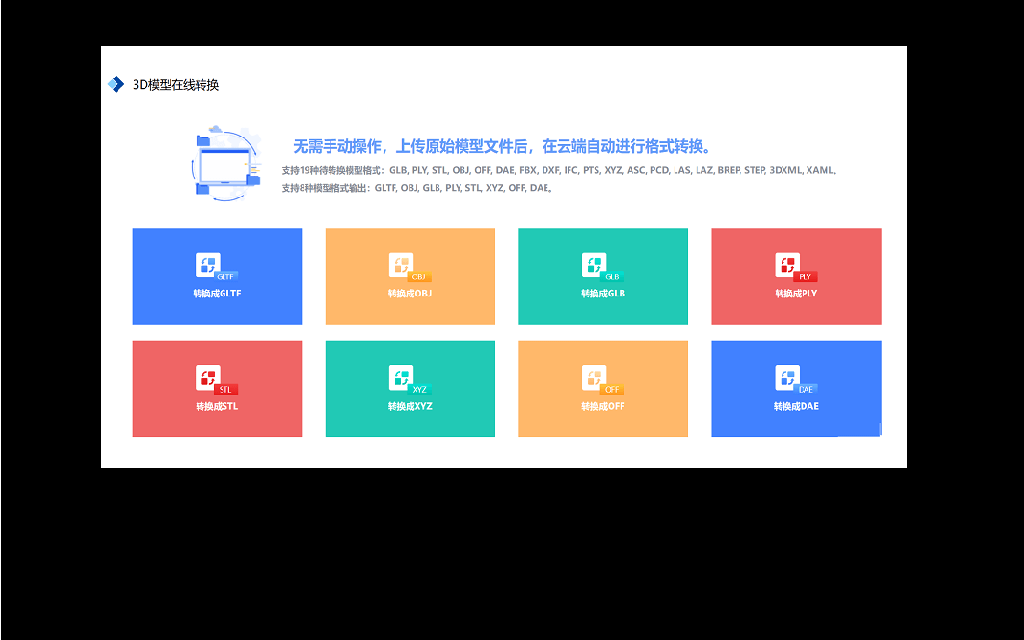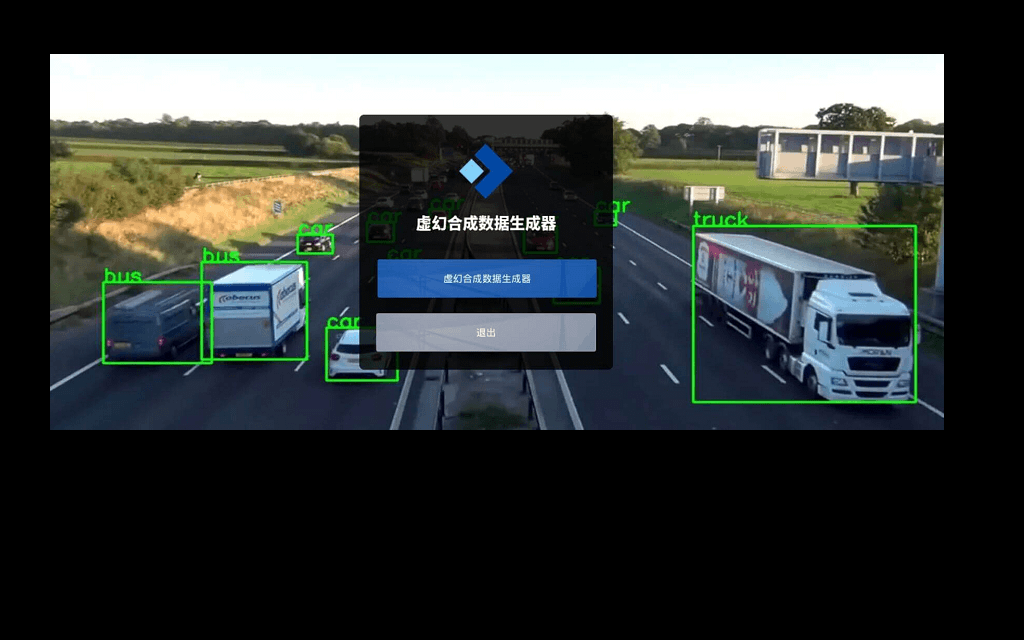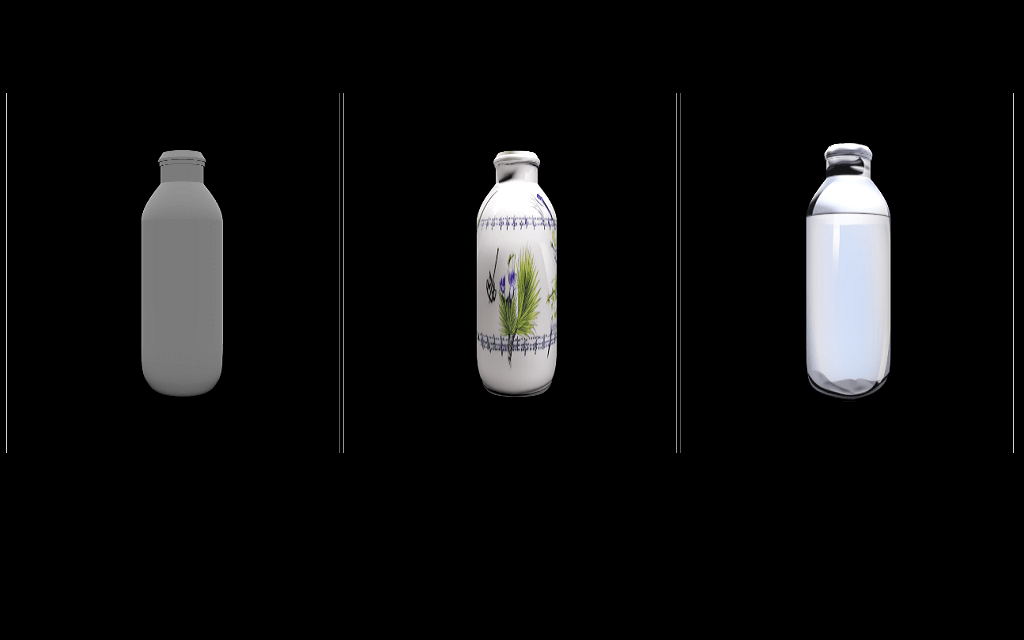You can test this model online with the Space for Romanian Speech Recognition
The model ranked TOP-1 on Romanian Speech Recognition during HuggingFace's Robust Speech Challenge :
Romanian Wav2Vec2
This model is a fine-tuned version of facebook/wav2vec2-xls-r-300m on the Common Voice 8.0 - Romanian subset dataset, with extra training data from Romanian Speech Synthesis dataset.
Without the 5-gram Language Model optimization, it achieves the following results on the evaluation set (Common Voice 8.0, Romanian subset, test split):
- Loss: 0.1553
- Wer: 0.1174
- Cer: 0.0294
Model description
The architecture is based on facebook/wav2vec2-xls-r-300m with a speech recognition CTC head and an added 5-gram language model (using pyctcdecode and kenlm) trained on the Romanian Corpora Parliament dataset. Those libraries are needed in order for the language model-boosted decoder to work.
Intended uses & limitations
The model is made for speech recognition in Romanian from audio clips sampled at 16kHz. The predicted text is lowercased and does not contain any punctuation.
How to use
Make sure you have installed the correct dependencies for the language model-boosted version to work. You can just run this command to install the kenlm and pyctcdecode libraries :
pip install https://github.com/kpu/kenlm/archive/master.zip pyctcdecode
With the framework transformers you can load the model with the following code :
from transformers import AutoProcessor, AutoModelForCTC
processor = AutoProcessor.from_pretrained("gigant/romanian-wav2vec2")
model = AutoModelForCTC.from_pretrained("gigant/romanian-wav2vec2")
Or, if you want to test the model, you can load the automatic speech recognition pipeline from transformers with :
from transformers import pipeline
asr = pipeline("automatic-speech-recognition", model="gigant/romanian-wav2vec2")
Example use with the datasets library
First, you need to load your data
We will use the Romanian Speech Synthesis dataset in this example.
from datasets import load_dataset
dataset = load_dataset("gigant/romanian_speech_synthesis_0_8_1")
You can listen to the samples with the IPython.display library :
from IPython.display import Audio
i = 0
sample = dataset["train"][i]
Audio(sample["audio"]["array"], rate = sample["audio"]["sampling_rate"])
The model is trained to work with audio sampled at 16kHz, so if the sampling rate of the audio in the dataset is different, we will have to resample it.
In the example, the audio is sampled at 48kHz. We can see this by checking dataset["train"][0]["audio"]["sampling_rate"]
The following code resample the audio using the torchaudio library :
import torchaudio
import torch
i = 0
audio = sample["audio"]["array"]
rate = sample["audio"]["sampling_rate"]
resampler = torchaudio.transforms.Resample(rate, 16_000)
audio_16 = resampler(torch.Tensor(audio)).numpy()
To listen to the resampled sample :
Audio(audio_16, rate=16000)
Know you can get the model prediction by running
predicted_text = asr(audio_16)
ground_truth = dataset["train"][i]["sentence"]
print(f"Predicted text : {predicted_text}")
print(f"Ground truth : {ground_truth}")
Training and evaluation data
Training data :
- Common Voice 8.0 - Romanian subset : train + validation + other splits
- Romanian Speech Synthesis : train + test splits
Evaluation data :
- Common Voice 8.0 - Romanian subset : test split
Training procedure
Training hyperparameters
The following hyperparameters were used during training:
- learning_rate: 0.003
- train_batch_size: 16
- eval_batch_size: 8
- seed: 42
- gradient_accumulation_steps: 3
- total_train_batch_size: 48
- optimizer: Adam with betas=(0.9,0.999) and epsilon=1e-08
- lr_scheduler_type: linear
- lr_scheduler_warmup_steps: 500
- num_epochs: 50.0
- mixed_precision_training: Native AMP
Training results
| Training Loss | Epoch | Step | Validation Loss | Wer | Cer |
|---|---|---|---|---|---|
| 2.9272 | 0.78 | 500 | 0.7603 | 0.7734 | 0.2355 |
| 0.6157 | 1.55 | 1000 | 0.4003 | 0.4866 | 0.1247 |
| 0.4452 | 2.33 | 1500 | 0.2960 | 0.3689 | 0.0910 |
| 0.3631 | 3.11 | 2000 | 0.2580 | 0.3205 | 0.0796 |
| 0.3153 | 3.88 | 2500 | 0.2465 | 0.2977 | 0.0747 |
| 0.2795 | 4.66 | 3000 | 0.2274 | 0.2789 | 0.0694 |
| 0.2615 | 5.43 | 3500 | 0.2277 | 0.2685 | 0.0675 |
| 0.2389 | 6.21 | 4000 | 0.2135 | 0.2518 | 0.0627 |
| 0.2229 | 6.99 | 4500 | 0.2054 | 0.2449 | 0.0614 |
| 0.2067 | 7.76 | 5000 | 0.2096 | 0.2378 | 0.0597 |
| 0.1977 | 8.54 | 5500 | 0.2042 | 0.2387 | 0.0600 |
| 0.1896 | 9.32 | 6000 | 0.2110 | 0.2383 | 0.0595 |
| 0.1801 | 10.09 | 6500 | 0.1909 | 0.2165 | 0.0548 |
| 0.174 | 10.87 | 7000 | 0.1883 | 0.2206 | 0.0559 |
| 0.1685 | 11.65 | 7500 | 0.1848 | 0.2097 | 0.0528 |
| 0.1591 | 12.42 | 8000 | 0.1851 | 0.2039 | 0.0514 |
| 0.1537 | 13.2 | 8500 | 0.1881 | 0.2065 | 0.0518 |
| 0.1504 | 13.97 | 9000 | 0.1840 | 0.1972 | 0.0499 |
| 0.145 | 14.75 | 9500 | 0.1845 | 0.2029 | 0.0517 |
| 0.1417 | 15.53 | 10000 | 0.1884 | 0.2003 | 0.0507 |
| 0.1364 | 16.3 | 10500 | 0.2010 | 0.2037 | 0.0517 |
| 0.1331 | 17.08 | 11000 | 0.1838 | 0.1923 | 0.0483 |
| 0.129 | 17.86 | 11500 | 0.1818 | 0.1922 | 0.0489 |
| 0.1198 | 18.63 | 12000 | 0.1760 | 0.1861 | 0.0465 |
| 0.1203 | 19.41 | 12500 | 0.1686 | 0.1839 | 0.0465 |
| 0.1225 | 20.19 | 13000 | 0.1828 | 0.1920 | 0.0479 |
| 0.1145 | 20.96 | 13500 | 0.1673 | 0.1784 | 0.0446 |
| 0.1053 | 21.74 | 14000 | 0.1802 | 0.1810 | 0.0456 |
| 0.1071 | 22.51 | 14500 | 0.1769 | 0.1775 | 0.0444 |
| 0.1053 | 23.29 | 15000 | 0.1920 | 0.1783 | 0.0457 |
| 0.1024 | 24.07 | 15500 | 0.1904 | 0.1775 | 0.0446 |
| 0.0987 | 24.84 | 16000 | 0.1793 | 0.1762 | 0.0446 |
| 0.0949 | 25.62 | 16500 | 0.1801 | 0.1766 | 0.0443 |
| 0.0942 | 26.4 | 17000 | 0.1731 | 0.1659 | 0.0423 |
| 0.0906 | 27.17 | 17500 | 0.1776 | 0.1698 | 0.0424 |
| 0.0861 | 27.95 | 18000 | 0.1716 | 0.1600 | 0.0406 |
| 0.0851 | 28.73 | 18500 | 0.1662 | 0.1630 | 0.0410 |
| 0.0844 | 29.5 | 19000 | 0.1671 | 0.1572 | 0.0393 |
| 0.0792 | 30.28 | 19500 | 0.1768 | 0.1599 | 0.0407 |
| 0.0798 | 31.06 | 20000 | 0.1732 | 0.1558 | 0.0394 |
| 0.0779 | 31.83 | 20500 | 0.1694 | 0.1544 | 0.0388 |
| 0.0718 | 32.61 | 21000 | 0.1709 | 0.1578 | 0.0399 |
| 0.0732 | 33.38 | 21500 | 0.1697 | 0.1523 | 0.0391 |
| 0.0708 | 34.16 | 22000 | 0.1616 | 0.1474 | 0.0375 |
| 0.0678 | 34.94 | 22500 | 0.1698 | 0.1474 | 0.0375 |
| 0.0642 | 35.71 | 23000 | 0.1681 | 0.1459 | 0.0369 |
| 0.0661 | 36.49 | 23500 | 0.1612 | 0.1411 | 0.0357 |
| 0.0629 | 37.27 | 24000 | 0.1662 | 0.1414 | 0.0355 |
| 0.0587 | 38.04 | 24500 | 0.1659 | 0.1408 | 0.0351 |
| 0.0581 | 38.82 | 25000 | 0.1612 | 0.1382 | 0.0352 |
| 0.0556 | 39.6 | 25500 | 0.1647 | 0.1376 | 0.0345 |
| 0.0543 | 40.37 | 26000 | 0.1658 | 0.1335 | 0.0337 |
| 0.052 | 41.15 | 26500 | 0.1716 | 0.1369 | 0.0343 |
| 0.0513 | 41.92 | 27000 | 0.1600 | 0.1317 | 0.0330 |
| 0.0491 | 42.7 | 27500 | 0.1671 | 0.1311 | 0.0328 |
| 0.0463 | 43.48 | 28000 | 0.1613 | 0.1289 | 0.0324 |
| 0.0468 | 44.25 | 28500 | 0.1599 | 0.1260 | 0.0315 |
| 0.0435 | 45.03 | 29000 | 0.1556 | 0.1232 | 0.0308 |
| 0.043 | 45.81 | 29500 | 0.1588 | 0.1240 | 0.0309 |
| 0.0421 | 46.58 | 30000 | 0.1567 | 0.1217 | 0.0308 |
| 0.04 | 47.36 | 30500 | 0.1533 | 0.1198 | 0.0302 |
| 0.0389 | 48.14 | 31000 | 0.1582 | 0.1185 | 0.0297 |
| 0.0387 | 48.91 | 31500 | 0.1576 | 0.1187 | 0.0297 |
| 0.0376 | 49.69 | 32000 | 0.1560 | 0.1182 | 0.0295 |
Framework versions
- Transformers 4.16.2
- Pytorch 1.10.0+cu111
- Tokenizers 0.11.0
- pyctcdecode 0.3.0
- kenlm


